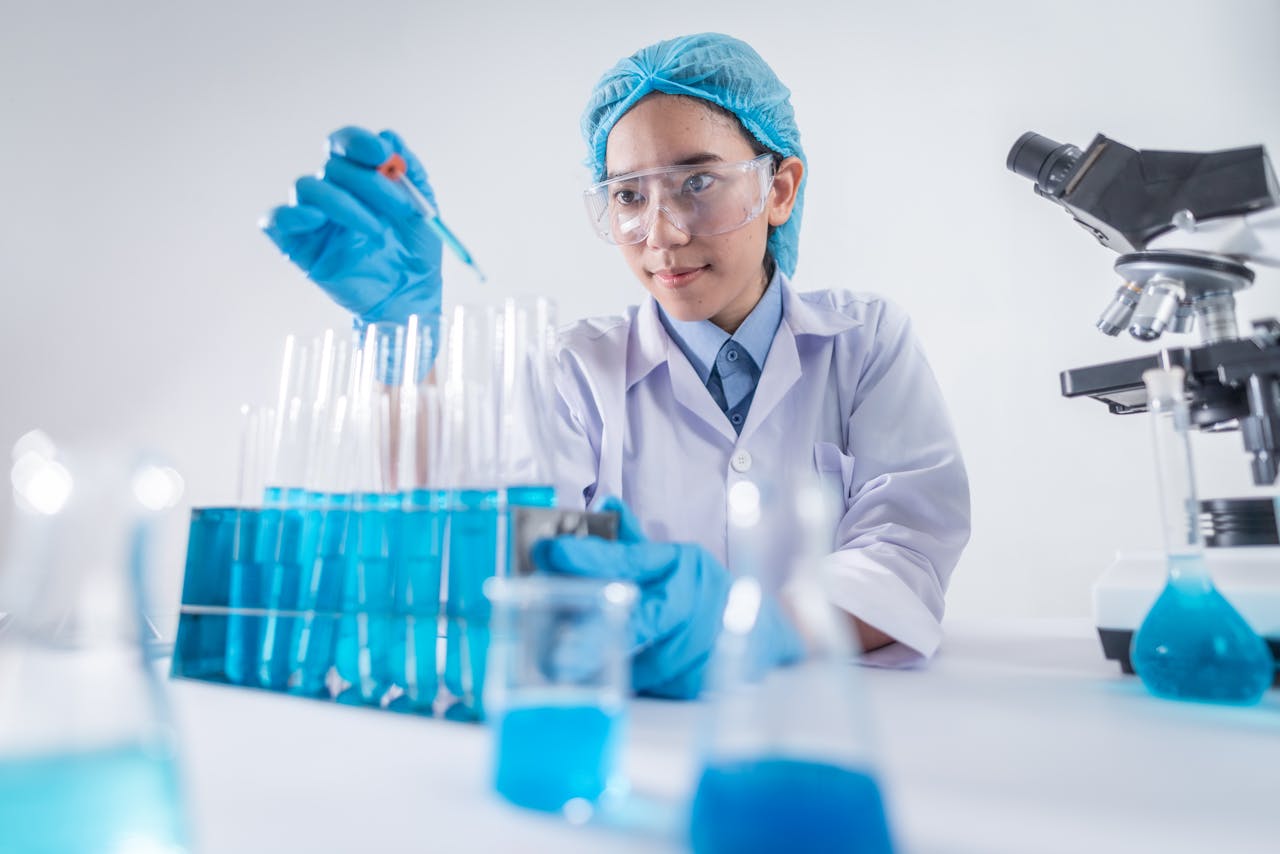Synthetic biology and bioengineering are at the forefront of scientific innovation, offering revolutionary tools and methodologies to manipulate biological systems for various applications. From healthcare to agriculture, synthetic biology provides unprecedented opportunities to solve complex challenges. This blog post delves into the principles of synthetic biology, its applications, and the ethical considerations surrounding this transformative field.
Understanding Synthetic Biology
Synthetic biology combines principles from biology, engineering, and computer science to design and construct new biological parts, devices, and systems. It aims to create organisms with tailored functionalities by reprogramming existing biological systems or assembling new ones from scratch. Key components of synthetic biology include:
- DNA Synthesis and Assembly: Advances in DNA synthesis technology allow scientists to create synthetic genes and genomes. This capability enables the construction of entirely new organisms or the modification of existing ones to enhance their functions.
- Gene Editing Technologies: Techniques like CRISPR-Cas9 have revolutionized the ability to edit genes precisely. By allowing targeted changes to DNA, these technologies facilitate the creation of organisms with desired traits, such as increased resistance to diseases or enhanced metabolic capabilities.
- Standardized Biological Parts: The development of standardized biological parts, known as BioBricks, enables researchers to assemble genetic components systematically. This modular approach simplifies the construction of complex biological systems and promotes collaboration among scientists .
- Computational Modeling: Computational tools play a vital role in synthetic biology by enabling the modeling of biological systems. These models help predict how modifications will impact organism behavior, streamlining the design process.
Applications of Synthetic Biology
The potential applications of synthetic biology are vast and span various fields, including:
- Healthcare: Synthetic biology is transforming medicine by enabling the development of novel therapeutics, diagnostics, and vaccines. For example, researchers are engineering bacteria to produce essential drugs or using synthetic organisms to target cancer cells specifically. The rapid development of mRNA vaccines during the COVID-19 pandemic exemplifies how synthetic biology can expedite vaccine creation.
- Agriculture: In agriculture, synthetic biology offers solutions to enhance crop yields and resilience. By engineering plants to withstand pests, diseases, or extreme environmental conditions, scientists can reduce the reliance on chemical pesticides and fertilizers. Additionally, synthetic biology can aid in the development of biofuels and sustainable agricultural practices【8†source】 .
- Environmental Sustainability: Synthetic biology has the potential to address environmental challenges by developing bioremediation strategies. For instance, engineered microorganisms can be designed to degrade pollutants in contaminated environments, promoting ecological restoration.
- Biomanufacturing: The field of biomanufacturing is leveraging synthetic biology to produce valuable chemicals, materials, and biofuels sustainably. By harnessing engineered microorganisms, companies can produce substances like bioplastics or bio-based fuels, reducing dependence on fossil fuels .
- Biocomputing: Synthetic biology is paving the way for biocomputing, where biological systems are used to perform computational tasks. By encoding information in DNA, researchers are exploring ways to create biological circuits capable of processing data, potentially leading to advancements in information storage and processing.
Ethical Considerations
While the potential of synthetic biology is immense, it also raises significant ethical and safety concerns. Some of the key issues include:
- Biosafety: The release of genetically engineered organisms into the environment poses risks that must be carefully assessed. Ensuring that modified organisms do not disrupt ecosystems or harm native species is crucial. Regulatory frameworks need to be established to monitor and manage these risks .
- Biosecurity: The possibility of using synthetic biology for harmful purposes, such as bioweapons or creating pathogens, necessitates stringent biosecurity measures. Research institutions and governments must collaborate to establish protocols that prevent misuses.
- Ethical Implications: The manipulation of life raises philosophical questions about the nature of organisms and the boundaries of scientific intervention. Discussions about the moral implications of creating synthetic life forms and the potential impact on biodiversity are essential to guide responsible research.
- Public Perception: Engaging the public in discussions about synthetic biology is vital to building trust and understanding. Transparency in research and clear communication about benefits and risks can help alleviate concerns and foster informed public dialogue .
The Future of Synthetic Biology and Bioengineering
As synthetic biology continues to advance, its impact on various sectors will likely expand. The integration of artificial intelligence and machine learning in synthetic biology could streamline the design and optimization of biological systems, leading to more efficient solutions. Moreover, as global challenges such as climate change, food security, and disease outbreaks become more pressing, synthetic biology will play a critical role in developing innovative strategies to address these issues.
Collaboration among scientists, policymakers, and the public will be essential to navigate the complexities of this evolving field. By fostering interdisciplinary research and promoting ethical practices, society can harness the full potential of synthetic biology while minimizing risks.
Conclusion
Synthetic biology and bioengineering represent a new frontier in science and technology, offering transformative solutions to some of the world’s most pressing challenges. From healthcare advancements to sustainable agriculture, the applications are vast and varied. However, with great power comes great responsibility. As we explore the possibilities of manipulating life itself, it is crucial to consider the ethical implications and safety concerns that accompany these innovations. By promoting responsible research and fostering public engagement, we can navigate the complexities of synthetic biology to create a better future for all.
